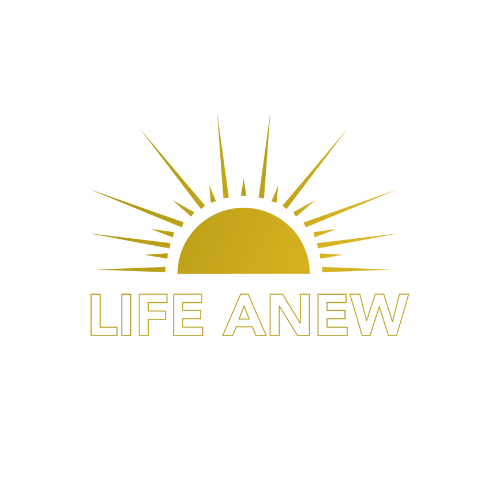The Big Picture: The United States faces a severe maternal mental health crisis, with conditions like postpartum depression (PPD) and anxiety affecting not only mothers but also creating lasting impacts on their children and family dynamics. This crisis, contributing to a quarter of pregnancy-related deaths annually, remains poorly understood and under-addressed, according to Fortune Magazine.
By the Numbers: Approximately 20% of mothers experience significant mental health issues during or after pregnancy, yet less than 20% are screened for these conditions. Shockingly, 75% of those with perinatal mental health conditions do not receive the necessary treatment.
Zoom In: Amelia’s story highlights the real-world implications of this crisis. Her mother, suffering from untreated PPD, unknowingly impacts Amelia’s emotional and social development, illustrating how maternal mental health issues extend their effects to the next generation.
Between the Lines: Despite being a widespread issue, maternal mental health is tragically understudied. The long-term effects on children, like depression and poor self-esteem, underscore the urgent need for comprehensive research and effective interventions.
What We’re Watching: The Biden administration has initiated a task force aimed at expanding access to mental and behavioral health resources for mothers. This move signals a growing recognition of the crisis but also points to the challenges ahead in making these resources adequately available and effective.
The Bottom Line: Effective treatment and proactive screening are critical to addressing this intergenerational crisis. Changes in cultural attitudes towards maternal mental health and increased support during the “fourth trimester” are essential to breaking the cycle of mental health issues.
The Life Anew Angle: Life Anew Behavioral Health’s mission to provide holistic mental health services aligns closely with the needs highlighted by this crisis. For BIPOC and underrepresented communities, which may face greater barriers to accessing quality health care, Life Anew’s focus on empowering families and communities through tailored therapeutic services is particularly vital. Integrating community psychiatric support and therapeutic behavioral services can significantly mitigate the impacts of maternal mental health issues on these vulnerable groups, fostering a more supportive environment for healing and empowerment. By connecting clients with resources and promoting mental restoration, Life Anew embodies a proactive approach to mental wellness that is crucial for breaking the cycle of intergenerational trauma within these communities.




